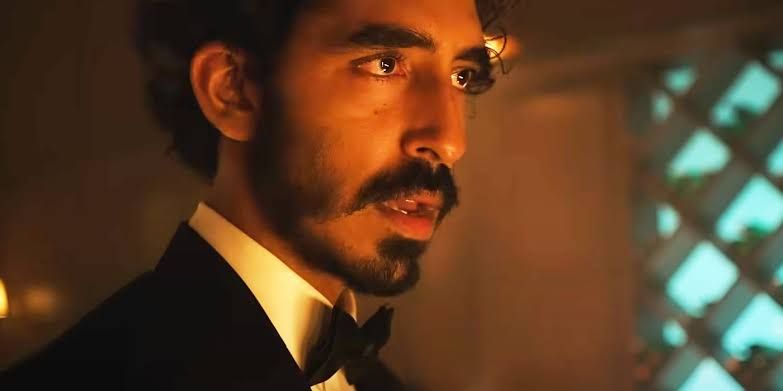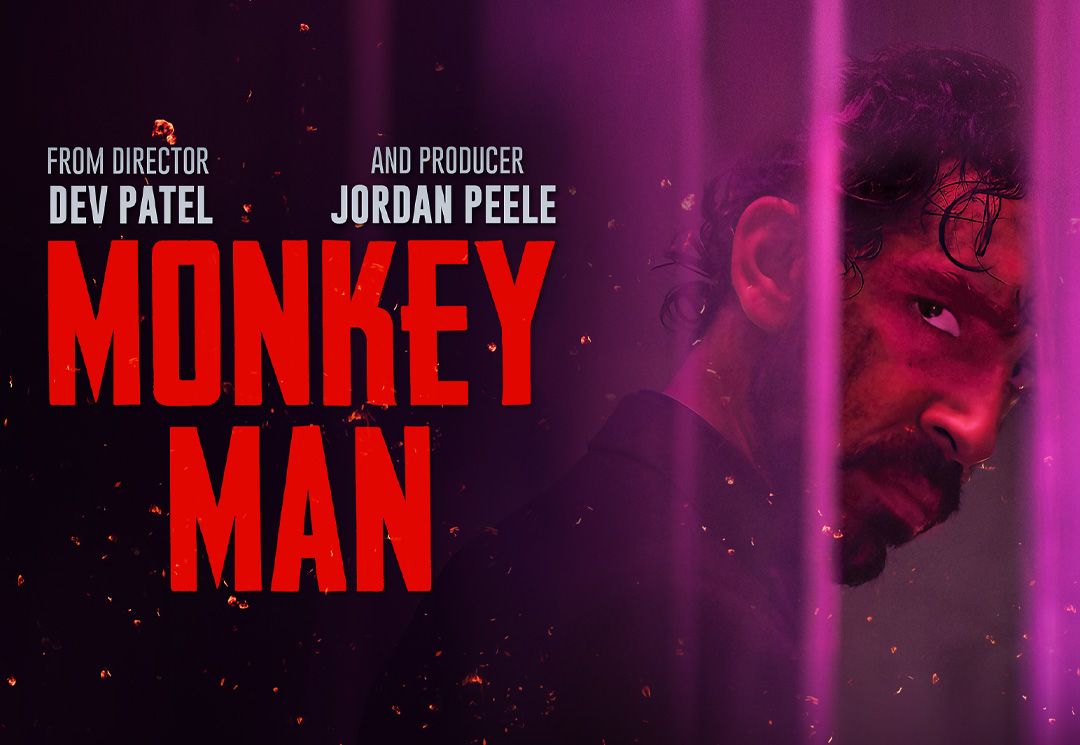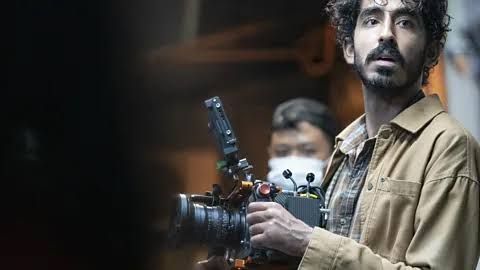Slumdog fighter, flashback king: A review of 'Monkey Man'
At A Glance
- Patel portrays Kid, who we first meet as a street fighter who wears an ugly monkey head mask and plays Patsy to the more popular fighters on the street.

Dev Patel stakes his claim as the new auteur with Monkey Man, which opens in cinemas next Wednesday, May 15. He directs, co-writes, and stars, and it’s an action film that knows how to tick the right boxes and be different enough to capture our attention and admiration. With a character loosely based on the Indian legend of Hanuman, there’s a lot of Indian mythology injected into the film, giving the treatment touches of contemporary magical realism. Then, there’s the social and political commentary, subplots that Dev Patel must have been carrying within him for years, and finally, finding expression in a film where he has artistic control.
Fortunately, for Dev, Jordan Poole loved the direction he was taking and placed the film under his production company. It helps guarantee that Monkey Man will find its audience and enjoy media attention. This early, I’ll say it well deserves the attention, as it’s an action film ready to be multi-dimensional in its story-telling - in both a narrative and visual sense.
Patel portrays Kid, who we first meet as a street fighter who wears an ugly monkey head mask and plays Patsy to the more popular fighters on the street. It’s interesting to note that Sharlto Copley plays the ring barker. Copley and Patel were both in Chappie (2015), and they must have gotten along, such that when directing his first feature film, Patel included Copley in the cast.

Through multiple flashbacks, we glean what’s brought Kid to this point in his life, losing his Mom and home to a corrupt police force and its then captain - who was following the orders of a powerful religious figure with strong political influence. You see how Patel is on a hobby horse of piecing together a scathing commentary on the present socio-political scenario in India - and of the great divide between the haves and the have-nots. This is a recurring juxtaposition in the filming angles and sequences - this contrast of the slums and what passes as the high life enjoyed by those with political power and money.

While the flashbacks may be criticized as happening too frequently, I’ll give credit to Patel for making them lyrical, dream-like, and yet on point. There may be an overreliance on them, but they do serve the function of driving the narrative and helping us understand the motive.
As an action film, Patel was well aware of the inevitable comparisons to John Wick, and it was slyly mentioned in passing in one scene. Patel doesn’t hide from that inevitability, so he makes a joke about it and gives bravo to him. This film goes far beyond the intent and purpose of John Wick. Monkey Man is suffused with social realism, so amidst the action, the droll humor, and the religious mumbo-jumbo, something is being said about the modern dilemma and despair of living in India today.
That this is all being said in a fun, entertaining vehicle makes Monkey Man a success, in my estimation. Monkey Man opens in cinemas on May 15, and kudos to Dev Patel for this charismatic turn as action hero and Slumdog savior.